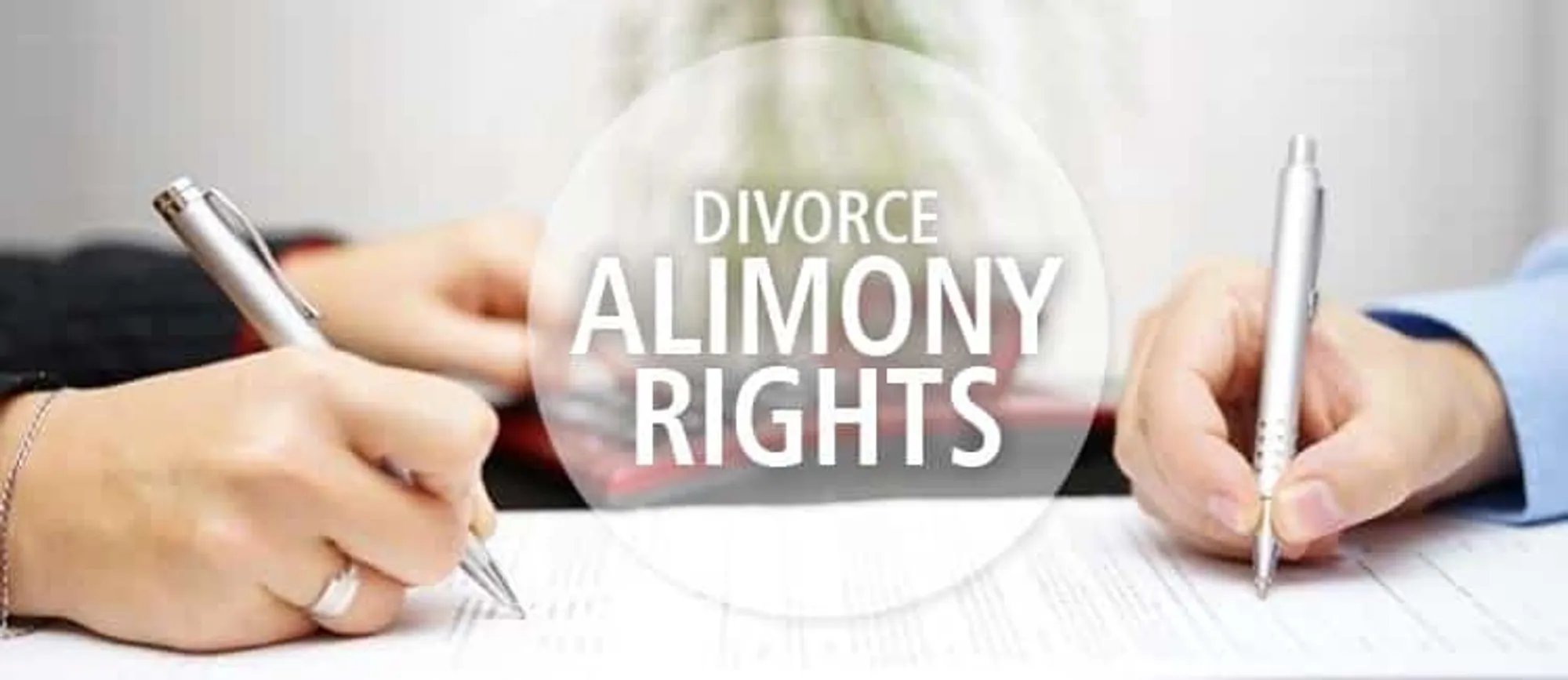Whatever be the grounds for divorce, the underlying truth about marriage is that it becomes the obligation of both parties to support each other once they are in this relationship. It continues even after divorce and is known as Alimony. It is a monetary compensation granted to the spouse who is unable to help himself/herself. The right of alimony depends on the earning power of the person and the person who is economically dependent on the marriage. The individual can be a spouse, dependent children, and even poor parents.
There are two types of alimony:
- Maintenance amount that is given during the time of court proceedings
- The second one is the money given at the time of legal separation
The alimony can be taken as:
- a one-time lump sum amount
- as a fixed payment – it can be monthly or quarterly or as per the requirement of the spouse
Table of Contents
Who is entitled to the Alimony Rights?
It is usually the woman who has the alimony rights. Sometimes, it is possible that the man can prove that he has been harassed and the court would order the female to compensate for that.
The husband can also be ordered by the court to return the ‘Stree-dhan,’ which is all the assets received by the woman at the time of the marriage. This would be all that has been received by her both from her parents and her in-laws.
What is the entitlement during grant of Alimony Rights?
The amount to be paid could vary and is fixed by the court depending on the individual cases and situations.
Factors that impact the amount and duration of alimony are as follows:
- the length of the wedding, for example, if the couple is married for a decade the entitled person will receive a life-long maintenance
- the spouse’s age and health the earnings or economic condition of the individual who is to provide the alimony – also any other property that he/she owns
- the health of both spouse
- the general behaviour of the two parties
- the spouse that maintains child custody would be entitled to either receiving greater amount while the child is a minor or pay lesser maintenance
- the expenditure that can be incurred upon the child’s education and upbringing.
- the social standing and the way of living that the wife was used to when she was living with her husband.
- Other aspects/circumstances of the case, that the court feels need to be considered
- Other genuine liabilities of the husband, such as wholly dependent old parents, may be duly examined by the court. If the wife is employed/working and has her independent sources of income, the same may also be taken into account
Who gets the alimony?
Wife – there can be three possibilities in this case.
a) when she is earning – in case the man has a very high earning power and has a decent financial status then she would be entitled to alimony.
b) when she is not earning – in this case, the man has to ensure that the woman gets to maintain her standard of living as she has been following all her married life.
c) if she remarries-if the woman remarries, then the man has to pay only for the children and not the woman.
The Hindu marriage act, 1955, is the guiding factor for those who are governed under it – specifically the section 25 of the act. At the time that the divorce decree is finally granted, the section is taken into consideration. If, however, an application is made for this purpose even after the divorce, the court will consider this and grant alimony. In a judgement given by the Supreme Court in the year 2013, it was maintained that:
“… While granting permanent alimony, no arithmetic formula can be adopted as there cannot be mathematical exactitude. It shall depend upon the status of the parties, their respective social needs, the financial capacity of the husband and other obligations. … the court is required to take note of the fact that the amount of maintenance fixed for the wife should be such as she can live in reasonable comfort considering her status and the mode of life she was used to when she lived with her husband. At the same time, the amount so fixed cannot be excessive or affect the living condition of the other party. … it is the duty of the court to see that the wife lives with dignity and comfort and not in penury. The living need not be luxurious but simultaneously she should not be left to live in discomfort. The court has to act with pragmatic sensibility to such an issue so that the wife does not meet any kind of man-made misfortune.”
Further, the court can cancel all alimony rights for the individual if it finds out that the particular person has remarried, or has indulged in other relations outside wedlock.

